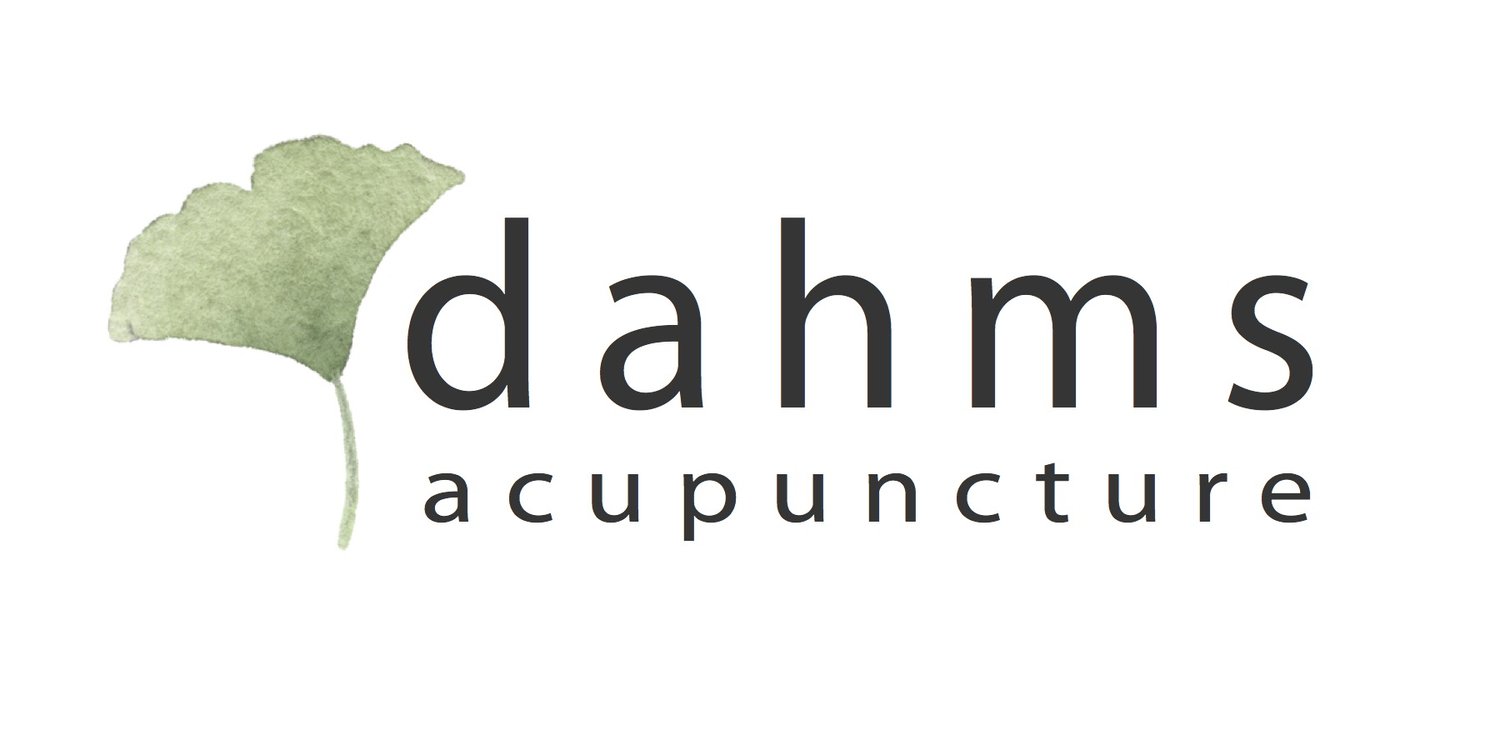The Art of Stress Relief: Exploring Acupuncture
/In our fast-paced world, stress has become an almost ubiquitous companion in our daily lives. Whether it's work-related pressures, personal responsibilities, or the constant hustle and bustle, it seems like stress is always lurking around the corner. Fortunately, there are holistic approaches to stress relief, and one of the most intriguing and time-tested methods is acupuncture.
What is Acupuncture?
Acupuncture is a traditional Chinese medicine practice that involves inserting thin, sterile needles into specific points on the body. These points are believed to be connected to energy pathways, known as meridians, which help balance the flow of energy, or Qi (pronounced "chee"), within the body. By stimulating these points, acupuncture aims to restore harmony and promote overall well-being.
How Does Acupuncture Relieve Stress?
Acupuncture's effectiveness in stress relief can be attributed to several factors:
Regulating the Nervous System: Acupuncture has been shown to stimulate the release of endorphins, the body's natural painkillers and mood enhancers. This helps reduce the perception of pain and anxiety, promoting relaxation.
Balancing Hormones: Acupuncture can influence the release of hormones like cortisol, which is commonly associated with stress. By regulating these hormones, acupuncture helps the body adapt to stressors more effectively.
Improving Sleep: Stress often disrupts sleep patterns. Acupuncture can help improve sleep quality by calming the mind and addressing conditions like insomnia.
Enhancing Blood Flow: Acupuncture promotes better circulation, ensuring that oxygen and nutrients reach all parts of the body. Improved circulation can help ease tension and reduce the physical symptoms of stress.
Mind-Body Connection: Acupuncture encourages mindfulness and relaxation during treatment. Many people find the process itself soothing, which can have a lasting impact on their overall stress levels.
Other Modalities to Relieve Stress
Mindful Meditation
Mindfulness meditation has gained widespread recognition for its remarkable ability to reduce stress and promote emotional well-being. This ancient practice involves focusing your attention on the present moment, cultivating awareness of your thoughts and feelings without judgment. Through regular meditation, individuals can rewire their brain's response to stress and achieve a greater sense of inner calm and resilience.
Yoga and Tai Chi
Yoga and Tai Chi are mind-body practices that combine gentle movements, controlled breathing, and meditation. These ancient traditions enhance flexibility, balance, and strength while simultaneously reducing stress. Engaging in these practices not only fosters physical health but also helps manage stress by encouraging relaxation and promoting a sense of inner harmony.
Nutrition and Diet
The foods we eat profoundly impact our stress levels. A diet rich in whole, unprocessed foods, including fruits, vegetables, lean proteins, and healthy fats, can provide the nutrients necessary for stress resilience. Additionally, mindful eating practices, such as paying attention to portion sizes and savoring each bite, can promote a sense of control and reduce stress-related overeating.
Holistic Therapies
Holistic therapies like aromatherapy, massage, and Reiki focus on restoring balance and promoting relaxation in the body. Aromatherapy, for example, uses the scents of essential oils to soothe the mind and reduce stress, while massage therapy eases muscle tension and promotes emotional well-being.
Creative Expression
Engaging in creative activities like art, music, and writing offers an effective outlet for processing emotions and reducing stress. These forms of self-expression allow individuals to connect with their inner selves and foster a sense of mindfulness, promoting relaxation and emotional release.
Stress is an inevitable part of life, but its impact on our well-being can be managed through holistic approaches that address the mind, body, and soul. By integrating mindfulness practices, physical activities, proper nutrition, holistic therapies, and creative expression into your life, you can create a comprehensive stress management strategy. Embracing these holistic approaches not only provides immediate relief but also cultivates a deeper sense of balance and resilience, allowing you to navigate life's challenges with greater ease and serenity.









